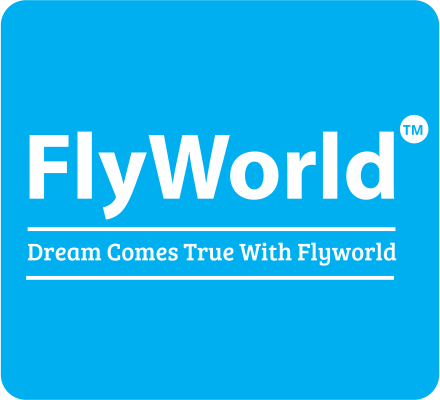Canada’s fees are oftentimes less expensive than countries with similar immigration systems, such as Australia, New Zealand, the United Kingdom, and the United States.
Canada is increasing fees for all permanent residence applications on April 30.
The fee increases will apply to economic, permit holder, family and humanitarian classes.
In 2020, Immigration, Refugees and Citizenship Canada (IRCC) increased permanent residence fees to account for inflation for the first time since 2002. At that time, IRCC announced it would increase fees every two years to adjust for inflation. All amounts are in CAD.
| Program | Applicants | Current fee | New fee April 30, 2022 |
|---|---|---|---|
| Right of Permanent Residence Fee | Principal applicant and accompanying spouse or common-law partner | $500 | $515 |
| Federal High Skilled, Provincial Nominee Program and Quebec Skilled Workers, Atlantic Immigration Class and most Economic Pilots (Rural, Agri-Food) | Principal applicant | $825 | $850 |
| Accompanying spouse or common-law partner | $825 | $850 | |
| Accompanying dependent child | $225 | $230 | |
| Live-in Caregiver Program and Caregivers Pilots (Home Child Provider Pilot and Home Support Worker Pilot) | Principal applicant | $550 | $570 |
| Accompanying spouse or common-law partner | $550 | $570 | |
| Accompanying dependent child | $150 | $155 | |
| Business (Federal and Quebec) | Principal applicant | $1,575 | $1,625 |
| Accompanying spouse or common-law partner | $825 | $850 | |
| Accompanying dependent child | $225 | $230 | |
| Family Reunification (Spouses, Partners and Children; Parents and Grandparents; and other relatives) | Sponsorship fee | $75 | $75 |
| Sponsored principal applicant | $475 | $490 | |
| Sponsored dependent child | $75 | $75 | |
| Accompanying spouse or common-law partner | $550 | $570 | |
| Accompanying dependent child | $150 | $155 | |
| Protected Persons | Principal applicant | $550 | $570 |
| Accompanying spouse or common-law partner | $550 | $570 | |
| Accompanying dependent child | $150 | $155 | |
| Humanitarian and Compassionate / Public Policy | Principal applicant | $550 | $570 |
| Accompanying spouse or common-law partner | $550 | $570 | |
| Accompanying dependent child | $150 | $155 | |
| Permit Holders | Principal applicant | $325 | $335 |
On top of these application fees, you may also have to pay the $500 right of permanent residence fee. This can be paid at the same time as the application, or when your application is approved. It is reserved only for people who get approved for permanent residence and is refunded if an immigration application gets declined. However, it must be paid in order for permanent residency status to be activated.
The right of permanent residence fee does not apply to:
- the dependent children of a principal applicant or sponsor,
- sponsorship applications for adopted children,
- sponsorship applications for an orphaned brother, sister, niece, nephew or grandchild, or
- protected persons, including applicants eligible on humanitarian and compassionate grounds and convention refugees.
The fees for permanent resident cards, permanent resident travel documents and certification or replacement immigration documents will not increase.
Canada supports a cost-effective approach to financing government programs, where most of the costs are covered by those who receive the services and not taxpayers.
These fee increases are meant to ensure that Canada remains competitive and in line with fees charged by other immigrant-receiving countries. Canada’s fees are oftentimes less expensive than countries with similar immigration systems, such as Australia, New Zealand, the United Kingdom, and the United States.
Fees are expected to increase in two years based on the applicable Consumer Price Index increase rounded to the nearest $5. The next fee increase at the federal level is expected to be announced in 2024.



